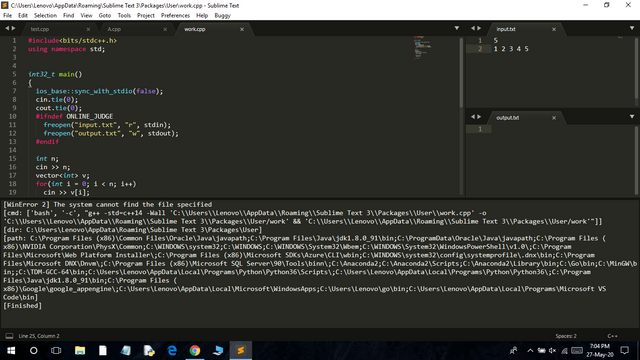That's true! you've read it correctly.
You might not believe it, but when I started CP back in 2016(from the main account, this is my alt for shitposting), I struggled a lot and currently, I'm struggling again(on this account). However, I had managed to cross 1600 ratings after 1000+ problems and 75+ contests, 3 years later in 2019(on the main account). Then I got a full-time job and left CP completely for 1.5-2 years.
And now I'm here, feel like I'm again at the point from where I've started.
Has the competition got tougher or have I become really that rusty? I'm doing well btw, on AtCoder and LeetCode contests.
Anyone, who has been through a similar journey, kindly share your experience like how you get back in shape after a long break.
Thanks,
tautology
P.S: I'm again into CP even after having a full-time job solely because of pure interest in it. I don't get time to practice much but I make sure to participate in CF/CC/HE/LeetCode and Atcoder contests.











